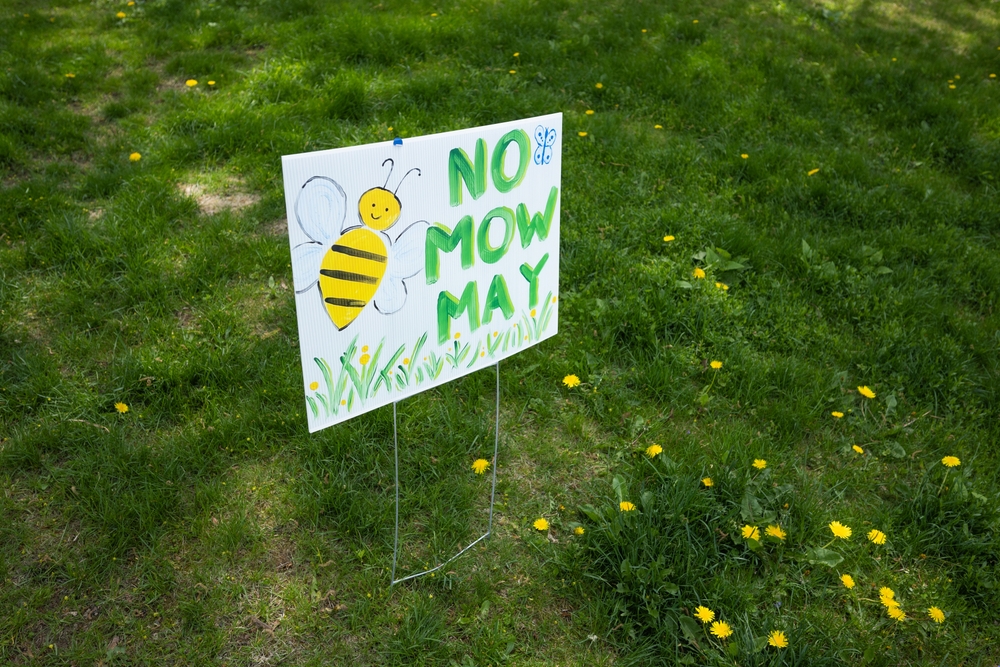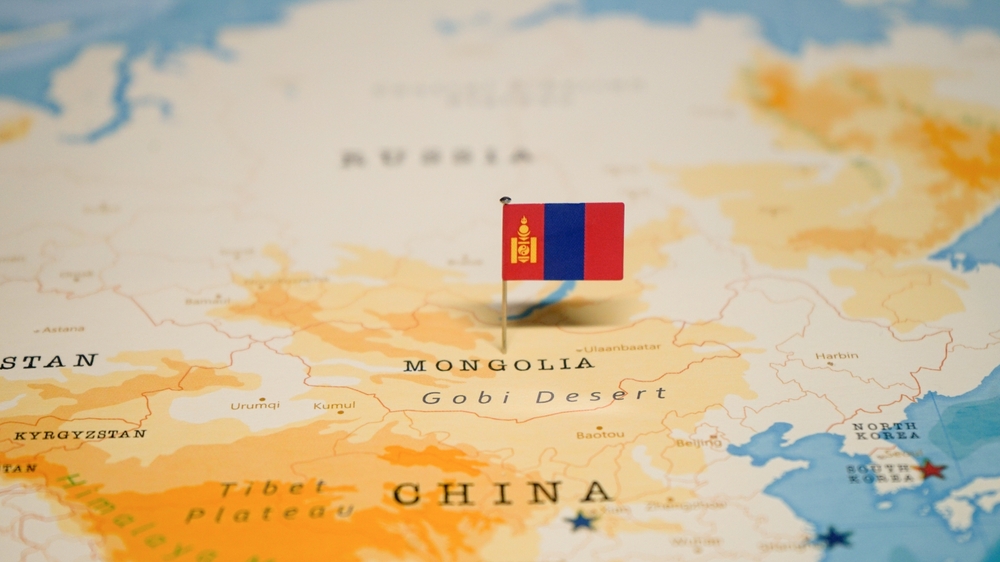Human connection is what makes life fun
| May 2006 issue
I was at a lunch sponsored by Organic Valley, a co-operative of 600 U.S. organic farms. During the excellent meal, the conversation focused on our daily relationships with food. Why do we like certain kinds of foods? When did we first encounter them? Where do they come from? Our lively discussion was then interrupted by a short interlude in which four farm families introduced themselves. A woman took the floor and said with conviction, “I’d like to thank you all for your support.”
That’s right—a farmer was thanking me for eating the lettuce she had grown. A backwards situation. Who had been responsible for putting that lettuce on my plate? Who should have been thanking whom?
In the strange, impersonal world of modern food production, basic human relationships have gotten lost. When I hear the word “farmer,” I catch myself thinking of a peasant in a faraway tropical country rather than a neighbour who provides my meals each day. My food comes from the organic supermarket. My connection is with the people who stock the bins and run the cash register. I am sorry to say I do not know the people who grow the food I eat—although I do know the family that makes my favourite wine (yes, it’s organic too).
We live in a curious world, one where most human needs are taken care of in ever-more-technical and bureaucratic ways. The prevailing economic laws tell us that the fewer people who are involved in things, the better they go. It’s the ultimate paradox, since contact with other people is precisely what makes life fun. A robot coming to fix our leaky faucet would be unthinkable; then I’d be deprived of the always-pleasant chats with our plumber, Juan.
The most awkward thing about this pursuit of an efficient, human-free economy is that so often the outcome is inefficient. The article in this issue about the placebo effect provides a good example. It appears that in many cases, human care and attention can promote healing better than expensive, high-grade pharmaceutical technology. That ought to make us stop and think. Would more human contact lead to more health? When it comes to food production, I’m convinced that a smaller-scale, more human approach would lead to fewer surpluses and less hunger. In other words, African farmers are better equipped to fight hunger in their lands than Western multinationals with biotech patents.
The good news is that the steady advance of organic agriculture around the world is stimulating the reintroduction of people into the food production process. We also see it in the recent trend of young world travellers working on organic farms to help pay for their trips. And, thanks to the Organic Valley farmer, I’ll be thinking more often of the people who put the food on my plate.











